This section is for paid subscribers only. Our subscription is only $3700/- for one full year.
You get unlimited access to all paid section and features on the website with this subscription.
Subscribe to read full article
This section is for paid subscribers only. Our subscription is only $37/- for one full year.
You get unlimited access to all paid section and features on the website with this subscription.
Not ready for a full subscription?
You can access this article for $2, and have it saved to your account for one year.
- Release Date1983
- Genre35 mm
- FormatColour
- LanguageHindi
- Run Time166 min
- Length4560.36 meters
- Number of Reels18
- Gauge35 mm
- Censor RatingA
- Censor Certificate NumberA-5060-MUM
- Certificate Date09/05/1983
Purantanpalli is not much of a town, though it has seen better days in the feudal times when there were rich landlords living off the fat of the land, and the town was their watering-place. One of the relics of the old days is the bordello in the center of the old town. But times change and progress comes even to out of the way towns. The old feudal leisured class gives way to and the red light district too, and what was tolerantly accepted in the decadent old days is not considered right for an up and coming town. The whores must go.
Rukminibai, the madame of the bordello, tries her best to preserve the “image” of her house as a high-class place which preserves the demi-monde character of the girls in the establishment seem bent on proving that it is no tawdry brothel. She is hardly helped by the representative of law and order; the policeman on the neighbourhood beat who takes an extraordinary interest in her affairs. This includes a cosy relationship with one of the women in the establishment. Another regular is the photographer Ram Gopal whose shop is just below Rukminibai’s establishment. His aim is to try and get as many daring pictures of the girls he can while Rukminibai and the girls are as determined to prevent his nefarious activities. The policeman and the photographer are forever sparring on weekly “understanding”.
The occupants of the brothel present an interesting cross-section; the perpetually pregnant Kamli, the shrewd and cold Nadira, the lively Parveena, the provocative dancer Basanti, and above all the virginal and seemingly vacuous Zeenat who Rukminibai has determined to turn into a great concert performer.
One day, a new girl Phoolmani, is brought by the pimp who acts as the “supplier” to Rukminibai. The pimp has “married” her and then dumped her in the brothel. But it is a poor bargain- she is a rebellious deaf-mute.
The new power elite of the town meanwhile initiate moves to get Rukminibai out of the center of the town. The area is prime real estate, but worthless as long as the whores are in the neighbourhood.
A real estate dealer-cum-developer Gupta, an extremely suave and smooth operator manages to make it a moral issue. The keeper of the town’s moral is a tightlaced lady Shantidevi who is properly incensed by the goings on at Rukminibai’s place, particularly as Phoolmani tries to commit suicide rather than submit to fate. Phoolmani is sent to the reform home and the women are hauled off to the police lock-up.
The elders of the town decide to evict the women. Gupta, meanwhile, offers to house them on a site a few miles away from the town, and this is reluctantly accepted by Rukminibai. They shift to the new place, a barren ruin called Maula Ali. Soon it becomes a centre of pilgrimage. For more reasons than one.
A dervish convinces Rukminibai that the grave of Baba Khadag Shah will bring her luck. She brings a very devout woman, decides to seek the Baba’s blessings and erects a shrine. The shrine becomes a money-making venture. Consequently, Rukminibai’s business also thrives.
But there is a slight complication. The mayor Agarwal’s adolescent son falls head over heels in love with the virginal Zeenat, and Rukiminbai is forced to reveal the secret that she held close to her bosom all these years. Zeenat is the illegitimate daughter of Agarwal and therefore his son Sushil’s half-sister. Moreover, Sushil is engaged to be married to Gupta’s neurotic daughter.
Other factors also come into play. The presence of Baba Khadag Shah’s shrine in the neighbourhood has pushed up the price land. Shops are selling like hot-cakes. And it seems that Rukminibai is once more threatened with eviction.
Gupta decides to act. Aware that Rukminibai is an asset, he makes a deal with her. He will settle her and the girls in yet another place. The new place is bound to become a prosperous little town. She could share the prosperity with him. This plan might work but all is not well with the girls, especially Zeenat who conspires to run away with Sushil.
The plot thickens…
[From the official press booklet]
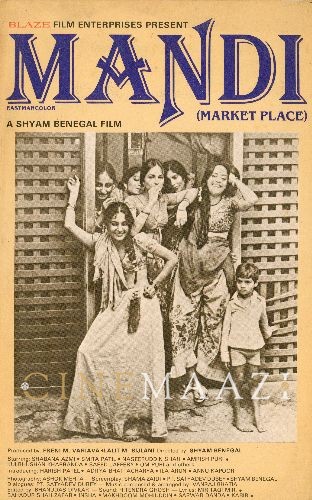
Cast
-
Shabana Azmi
Rukmini Bai -
Smita Patil
Zeenat -
Naseeruddin Shah
Tungrus -
Amrish Puri
Darvis
Crew
-
BannerBlaze Film Enterprises
-
Director
-
Producer
-
Music Director
-
Lyricist
-
Screenplay
-
Dialogues
-
Cinematography
-
Editing
-
Sound Recording/ Audiography
-
Art Director/Production Design
-
Choreography
-
Production Controller
-
Costumes
-
Make-up
-
Re-recordist/ Sound Mixing
-
Laboratory/ Processed atBombay Film Labs P. Ltd.
-
Stills
-
Publicist/P.R. O.






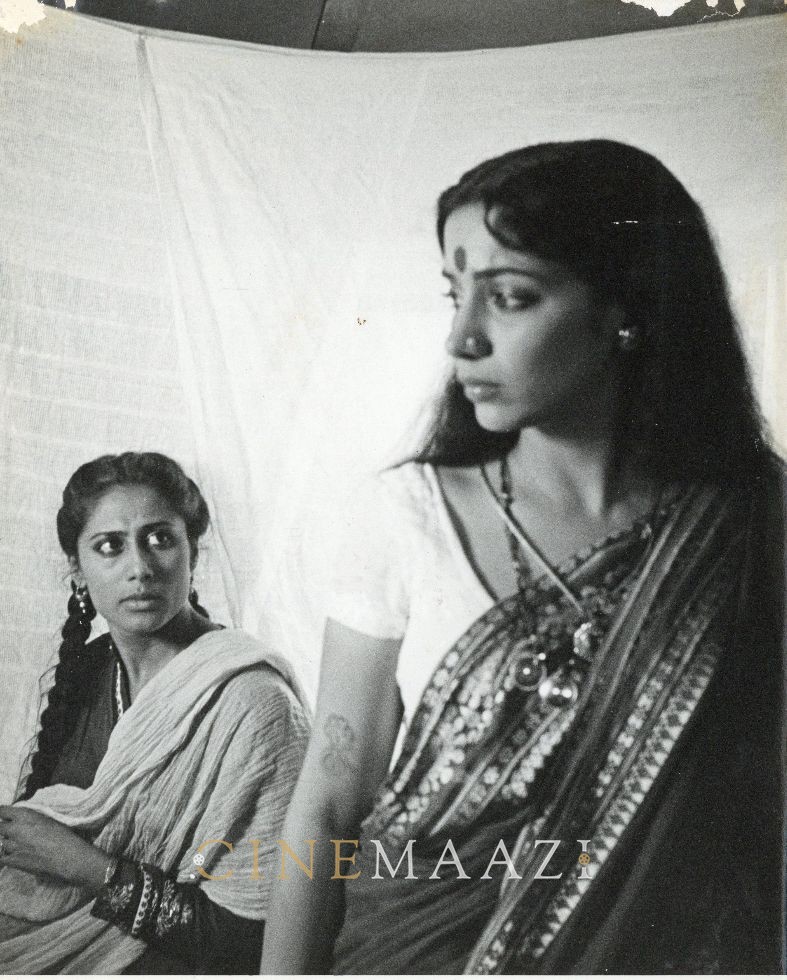

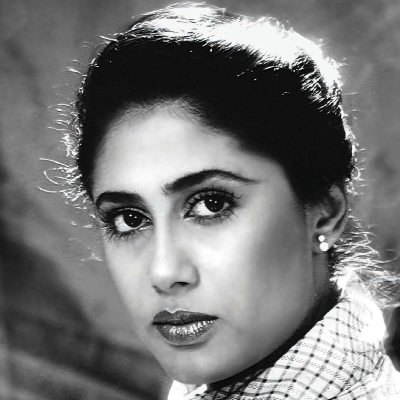
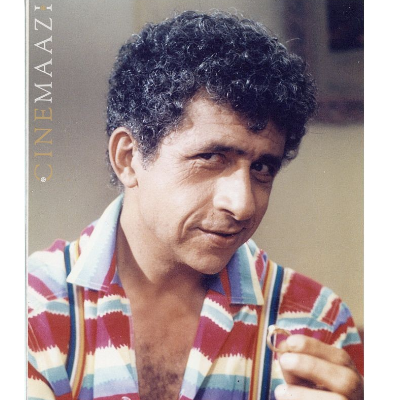

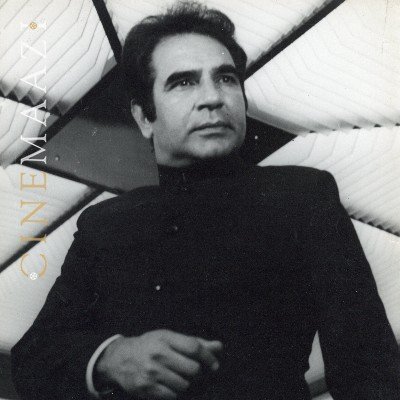


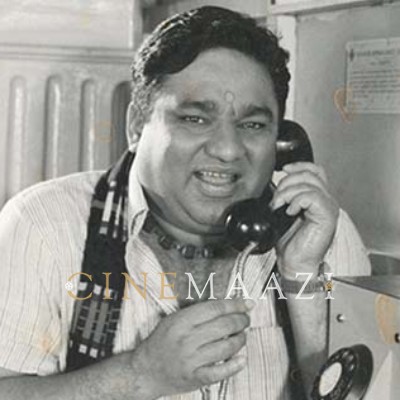
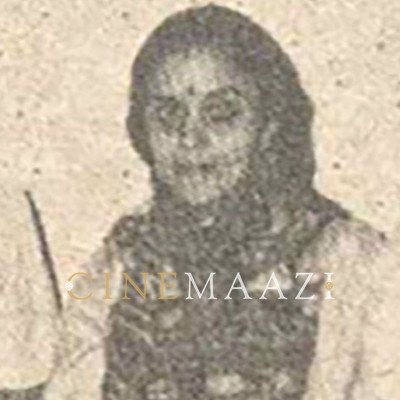
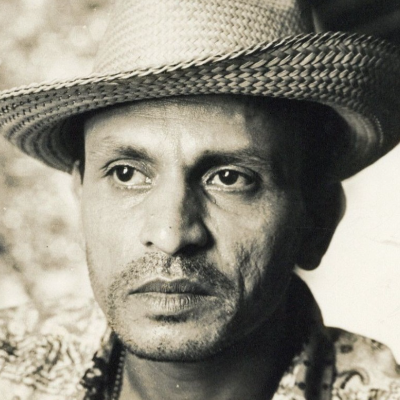







.jpg)



